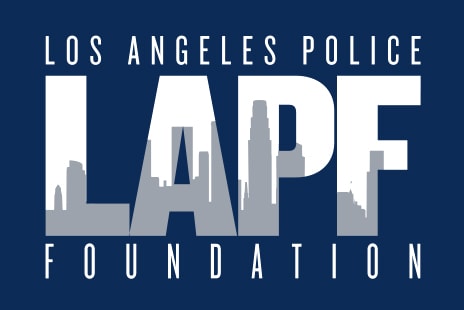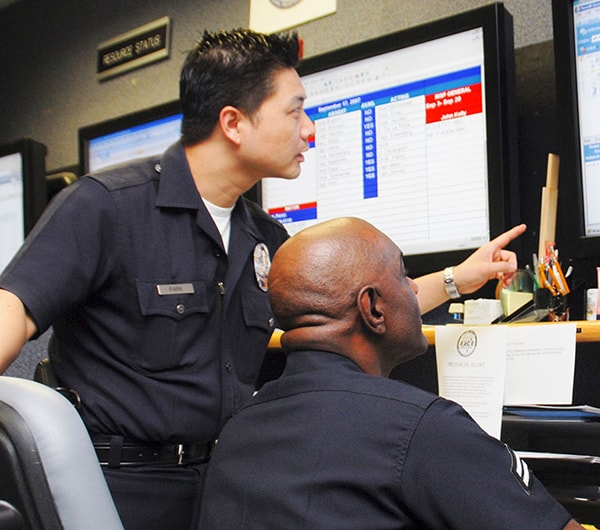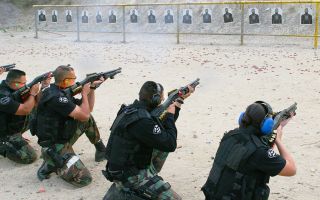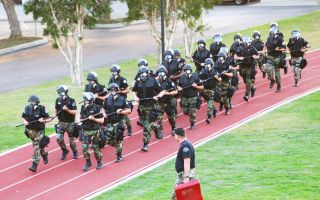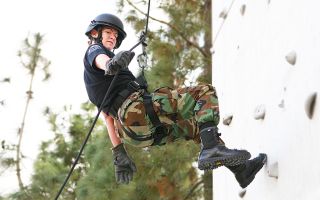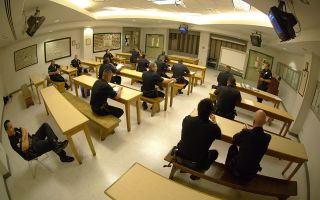The LAPF supports programs that provide specialized training in order to ensure that LAPD officers are instructed in cutting-edge law enforcement tactics and have the highest level of preparation possible for potential natural disasters, terrorist attacks and gang violence, including:
- Implicit Bias and 21st Century Community Policing Training: All sworn members of the Department received training related to recognizing and dealing with implicit bias and community policing. This training covered topics such as: What is implicit bias?; What does implicit bias look like in the real world?; What causes implicit bias?; How is implicit bias measured?; How does implicit bias affect the person who holds the bias?; How does implicit bias affect the attitudes and behaviors of the target group?; How can implicit bias be reduced?; and How can the potential impact of implicit bias on policing be reduced?
- Explosive residue detection training for the LAPD’s Bomb Detection K-9 teams that guard LAX in order to expand their capabilities from simple explosive device searches to tracking traces of explosive residue on a human body and identifying vapor trails from a hundred yards away.
- Dispute Resolution Training: The LAPD has partnered with the Straus Institute for Dispute Resolution at Pepperdine University’s School of Law to develop a 4-day course on the theory and practice of resolution during the earliest onset of conflict between LAPD personnel. The training allows LAPD personnel to identify, manage, and leverage conflict in the workplace. The officers learn the skills to reduce the direct physical, organizational, and financial harms of conflict, as well as the indirect harms, such as decreased productivity due to low employee morale, increased health care costs due to stress-related illness, and costs associated with employee retention.
